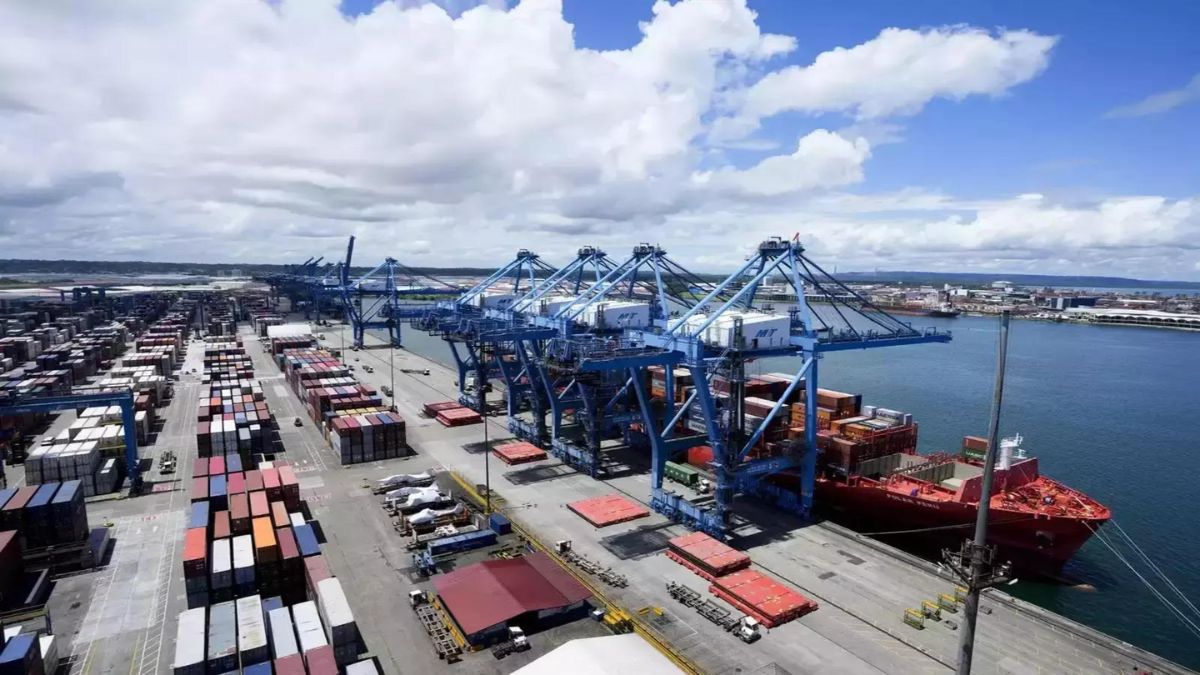Private operators managing cargo terminals at India’s major ports under the Public-Private Partnership (PPP) model are increasingly pushing for greater pricing freedom. The demand comes as these operators seek to improve profitability and enhance operational efficiency amidst rising costs and fluctuating market dynamics.
Currently, cargo terminal operators at major ports are subject to tariff guidelines set by the Tariff Authority for Major Ports (TAMP). These guidelines, while intended to regulate pricing and ensure fairness, have often been criticized by private players for being rigid and outdated. Operators argue that the lack of flexibility in pricing hampers their ability to respond to market conditions, particularly in a competitive environment where non-major ports and private terminals are free to set their tariffs.
Industry stakeholders have highlighted that the existing tariff structure does not reflect the true cost of operations, especially with the increasing costs of fuel, labour, and maintenance. They argue that the ability to set tariffs independently would allow terminal operators to better manage their financials and reinvest in infrastructure improvements, thereby enhancing service quality and efficiency at major ports.
The demand for pricing autonomy has gained momentum in light of recent trends showing that cargo traffic at major ports is gradually shifting to non-major ports, which offer more competitive pricing and flexible services. Private operators at major ports believe that tariff liberalization is essential to reverse this trend and retain their share of the cargo handling market.
In response to these concerns, the Indian government has initiated discussions on revising the tariff guidelines to provide more flexibility to PPP operators. The Ministry of Ports, Shipping, and Waterways has indicated its willingness to consider proposals that would allow operators to set tariffs based on market conditions, subject to certain safeguards to protect the interests of users.

